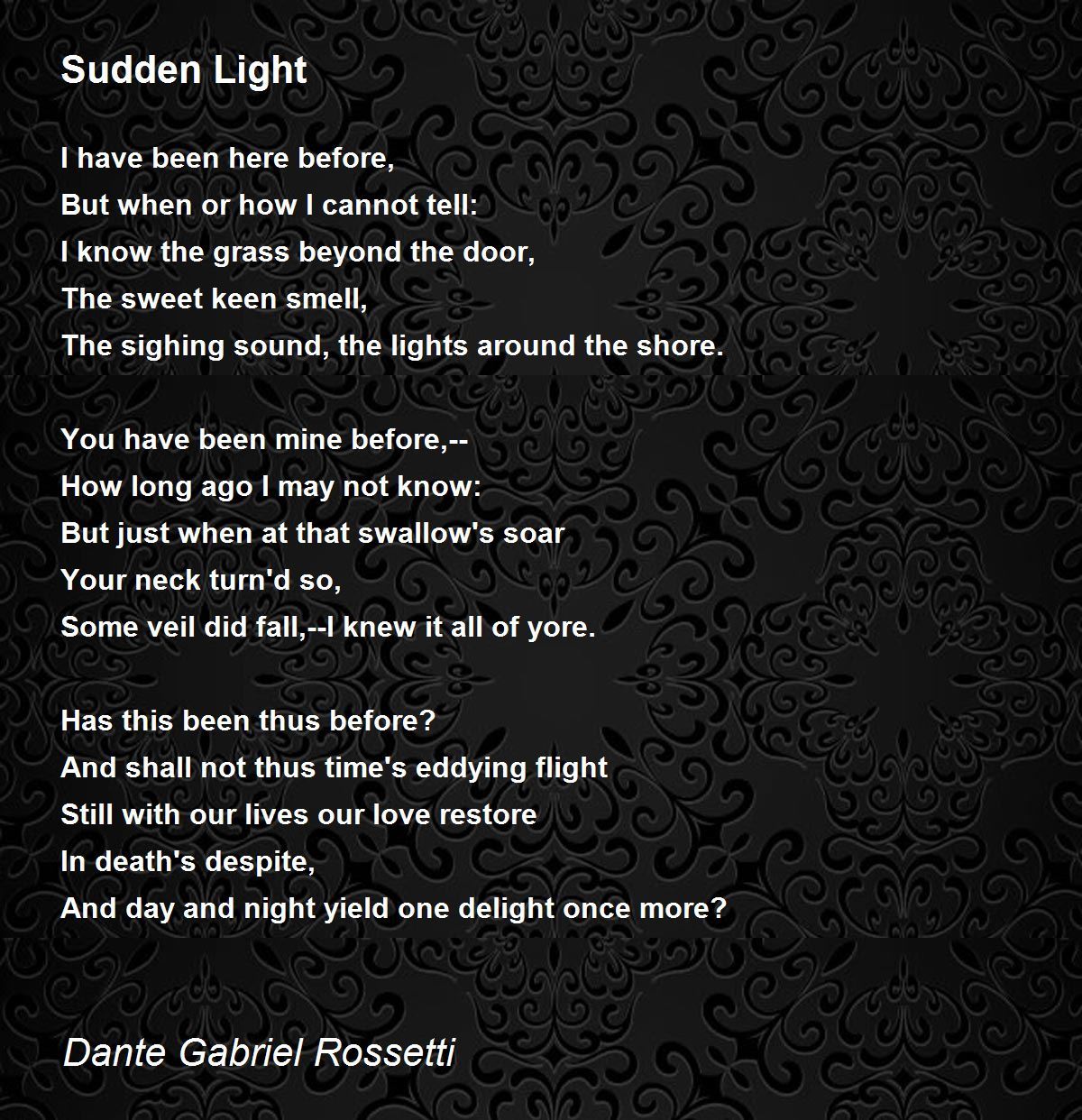

Is much too much, some fitter must be sought Įxtreme, and scatt'ring bright, can love inhere

Takes limbs of flesh, and else could nothing do,Īnd fix itself in thy lip, eye, and brow. I have chosen the latter because I so love the lines: "Walk between dark and dark – a shining space / With the grave's narrowness though not its peace." I found it hard to choose between "Pure Death" and "O love, be fed with apples while you may". Graves is a subtle observer of feelings – falling in love does indeed create a new and surprising sense of mortality and terror of death. "Air and Angels" is one of the greatest poems in the language: "extreme and scattering bright" in its language and metaphor, and yet anchored in the body – lips, brow, every hair. I have always thought that John Donne and Robert Graves were the most enticing writers of love poems – partly because they do seem to write to and about real women. Since, if my plaints serve not to approveĪS Byatt Photograph: Nick Cunard/Nick Cunard /eyevine That they are poor in that which makes a lover. They that are rich in words, in words discover


The bottom is but shallow whence they come. So, when affections yield discourse, it seems The shallow murmur, but the deep are dumb Passions are likened best to floods and streams: It's a sentiment poetry and music only occasionally address – the best pop song on this theme is The Band's "It Makes No Difference" with the great line, "Now there's no love as true as the love that dies untold" – but Walter Raleigh's "The Silent Lover" keeps its own counsel even more eloquently. To be in love and to say nothing about it – this seems to me the most elegant (and perhaps the only sensible) form of romantic attachment. Translated by Stanislaw Baranczak and Clare Cavanagh John Burnside I always love it when a poet enters through invisible doors. When she brings to our attention the easiness we feel in the absence of the raw emotions of love, our hearts and minds travel immediately to the opposite sweet uneasiness when love shakes our whole existence. I am fascinated by her poem "Thank-You Note", where she expresses gratitude for "those I don't love" because "from a rendezvous to a letter / is just a few days or weeks, / not an eternity."Īs in all her work, the magic in this poem derives from Szymborska's unconventional approach to her theme. Wisława Szymborska (1923-2012) is not famous for so-called "love poetry" but her subtle simplicity shapes any theme she works on.


 0 kommentar(er)
0 kommentar(er)
